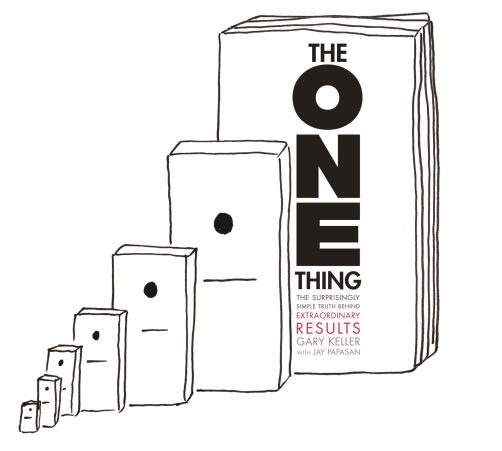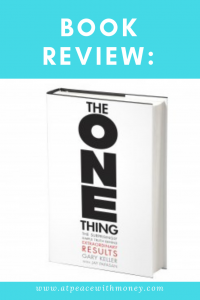A Brief Guide to Finding the Right Financial Advice

Determining what kind of financial advice you’re really looking for is more important that you might suspect. A lot advice out there is targeted to people who already are or who want to be wealthy. If the advice you’re trying to follow is geared towards a vision that ultimately differs from yours, that can be an issue.The fact that so many financial resources assume their audience has a certain income level is also an issue. If you’re looking for financial help but you can only find resources that are geared towards people who make $50,000 more than you, you’re going to feel left in the dust.
One of my big goals with At Peace With Money is to help solopreneurs who don’t manage enormous accounts feel like they too can take steps down a helpful financial path. I strongly believe that no matter what amount of money you make, there are steps you can take to improve your situation and take care of yourself in the long term. I also believe you can do this without hugely sacrificing your quality of life. It doesn’t feel good to be chastised for your income level or your lifestyle, especially when class structure in the U.S. effects us in a way that means we are often not fully responsible for our financial standing. I don’t think that’s the role of financial advice anyway! Instead, good advice meets you where you’re at, and helps you get where you want to go.
Know What You Need
Once you’ve decided to find financial advice resources that are relevant to your lifestyle, it’s important to know where you’re at personally. So, be sure to check in with your own finances. If you need a simple process to get clear, check out my Three Steps to Financial Clarity exercise.
Once you’ve done that, you should have a clear idea of your current income level and your hopes for your financial future. Both of these things will help you determine what financial resources are best for you. At the beginning of your journey, you might not be interested in people who talk about managing large investments. That can always come later! Instead, you might be interested in resources that cater specifically to small businesses just getting started, or people who’ve just opened an IRA.
Find Your Teachers
 Now it’s time to find some good resources that meet your criteria. Some googling might help with this, but you can also check out my post on my favorite resources. There are tons of people and helpful guides out there. If Suze Orman’s not your style, don’t let her throw you off the path of learning how to make and manage wealth. You don’t have to already be making $100K a year or give up coffee forever to invest in your future – I promise.
Now it’s time to find some good resources that meet your criteria. Some googling might help with this, but you can also check out my post on my favorite resources. There are tons of people and helpful guides out there. If Suze Orman’s not your style, don’t let her throw you off the path of learning how to make and manage wealth. You don’t have to already be making $100K a year or give up coffee forever to invest in your future – I promise.
I hope this guide has been helpful for you! If you like these ideas or you’d like to work with me for a little guidance, head on over to my Services page, where you can book a call with me.
☮
Angela
Image Source: Sharon McCutcheon , Luis Quintero






 As we go into 2019, I’m focusing on this idea of financial organization as self-care. To kick the new year off, I’m releasing a series detailing my top three money moves for financial success this year. These insights are geared towards solopreneurs and intended to help you get on top of your business finances. [Edit: you can
As we go into 2019, I’m focusing on this idea of financial organization as self-care. To kick the new year off, I’m releasing a series detailing my top three money moves for financial success this year. These insights are geared towards solopreneurs and intended to help you get on top of your business finances. [Edit: you can 


 Search for feedback. Listen to your customers to continue innovating and refining your product or service. If you have a team of other people, focus on them to keep things fresh and engaging. Brainstorm together and streamline your business partnerships.
Search for feedback. Listen to your customers to continue innovating and refining your product or service. If you have a team of other people, focus on them to keep things fresh and engaging. Brainstorm together and streamline your business partnerships.



 What’s important is getting start
What’s important is getting start


